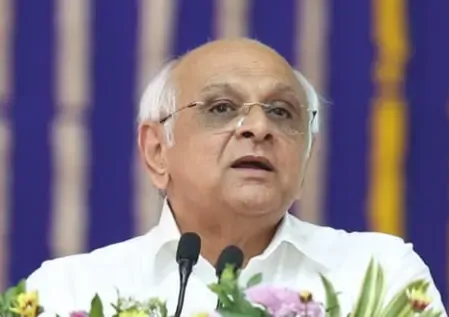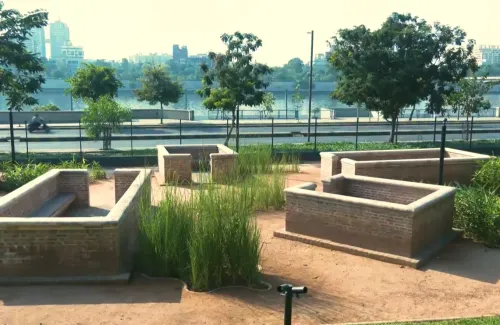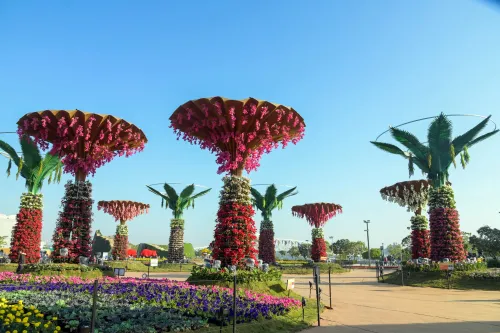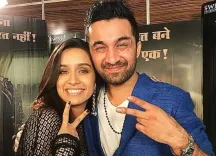Are ‘spontaneous, public outrages’ shaking West Bengal?
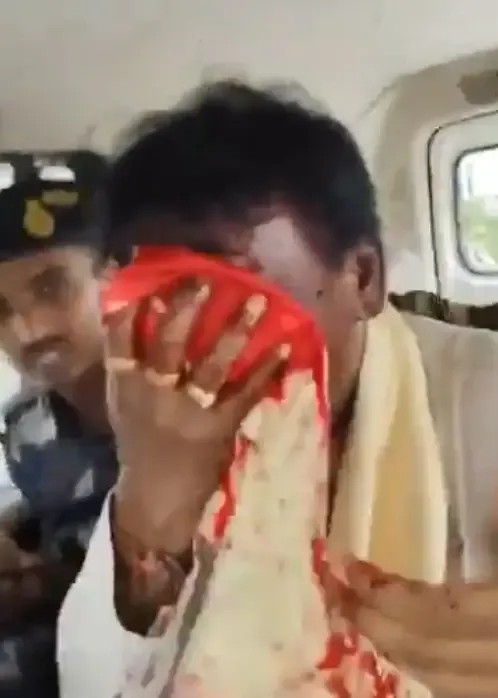
Synopsis
Key Takeaways
- Political violence remains a significant issue in West Bengal.
- The law and order situation is under scrutiny.
- Political parties are grappling with public trust.
- Humanitarian efforts can be met with aggression.
- Dialogue is necessary for restoring peace.
Kolkata, Oct 7 (NationPress) In 2011, when voters in West Bengal said farewell to the Left Front government after a continuous reign of approximately 34 years, a significant charge against the communists was their repressive tactics and oppression of the Opposition.
Chief Minister Mamata Banerjee has frequently recounted those days of fear, often stating that she could have lost her life. "I could have died that day,” she concludes many of her stories about those experiences. Regrettably, the state still endures the influence of thugs, where numerous incidents are dismissed as "spontaneous" and "public outrage."
Similar claims resurfaced when a video was released on Monday, October 6, showing an injured Maldaha Uttar (North Malda) MP Khagen Murmu, his face smeared with blood. Siliguri MLA Shankar Ghosh, who was with him, also sustained injuries and had torn clothes.
The BJP leaders were in flood-affected areas of North Bengal when they were assaulted by locals in Nagrakata, located in the Jalpaiguri district. The footage depicted the car being vandalized, its windshield shattered, and the passengers attempting to escape.
On their way, Ghosh displayed fragments of stones and sticks that had shattered the car windows. "The way our Party members, including a sitting MP and MLA, were attacked in West Bengal while trying to assist those affected by floods and landslides is utterly shocking. It underscores the insensitivity of the TMC and the dreadful law and order situation in the state," Prime Minister Narendra Modi posted on X.
He further stated, "I wish the West Bengal Government and TMC were more dedicated to aiding people instead of engaging in violence during such trying times. I urge BJP Karyakartas to persist in their efforts to support the ongoing rescue operations."
Previously, there was widespread outcry when the 2023 Panchayat elections in West Bengal were tainted by extensive violence, raising significant concerns about the state of grassroots democracy in the area. Explosives were thrown, vehicles were set ablaze, and clashes erupted between competing party members. The violence spanned nomination days and persisted throughout the polling period. At least a dozen individuals were reported dead on polling day, encompassing workers from all major political factions.
Television broadcasts and social media footage exhibited damaged ballot boxes, some submerged in ponds or set on fire, while reports indicated that multiple ballot boxes were stolen amidst armed skirmishes in several districts.
Political entities accused one another of instigating the violence, with TMC asserting that its members were being targeted, while BJP and others called for President’s Rule due to the breakdown of law and order.
In December 2020, the convoy of BJP President J.P. Nadda was assaulted while he was en route to address a public gathering in South 24 Paraganas. Several BJP leaders, including Kailash Vijayvargiya and former confidante of Mamata, Mukul Roy, were injured when protesters pelted stones at their vehicles in Diamond Harbour, a Lok Sabha constituency represented by Abhishek Banerjee, the Chief Minister’s nephew and TMC all-India General Secretary.
In August of this year, several vehicles—including the one being used by the Leader of Opposition in the West Bengal Assembly, Suvendu Adhikari—came under attack in Khagrabari, located in Cooch Behar district. Referring to the incident, Adhikari labeled it a "targeted attack."
In related occurrences, the current BJP state president Shamik Bhattacharya and his predecessor Dilip Ghosh have faced attacks in separate incidents.
Amidst this violence, the state government cannot evade its responsibilities, attributing it to "public outrage" since maintaining law and order is its duty, and the Chief Minister herself is the minister for state Home Affairs. The TMC as an organization cannot dismiss it as an "administrative issue"; it must rein in its grassroots workers through its command structure.

